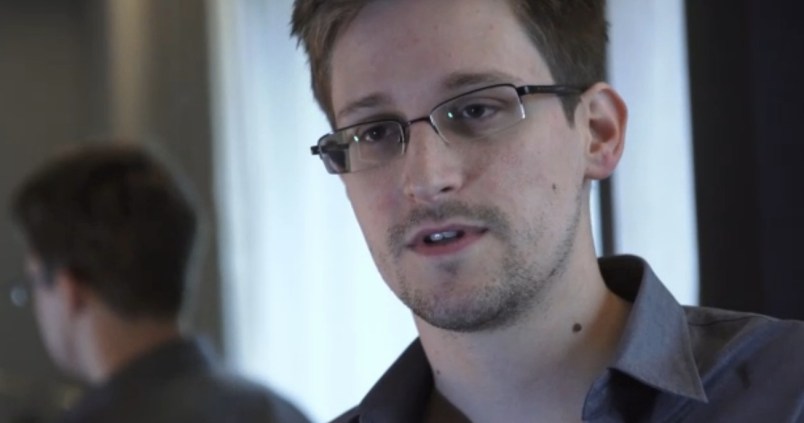The New York Times called on President Barack Obama to offer former National Security Agency contractor Edward Snowden some sort of plea or clemency deal allowing him to return to the United States in an editorial published Wednesday.
Since June, documents leaked by Snowden to journalists have disclosed a flood of information about the NSA’s surveillance programs and revealed the extent of the agency’s intelligence-gathering activities both at home and abroad. The disclosures have prompted debate about the legality of the programs, and last month one federal judge ruled that the NSA’s phone records collection program was likely unconstitutional.
From the editorial:
Considering the enormous value of the information he has revealed, and the abuses he has exposed, Mr. Snowden deserves better than a life of permanent exile, fear and flight. He may have committed a crime to do so, but he has done his country a great service. It is time for the United States to offer Mr. Snowden a plea bargain or some form of clemency that would allow him to return home, face at least substantially reduced punishment in light of his role as a whistle-blower, and have the hope of a life advocating for greater privacy and far stronger oversight of the runaway intelligence community.
Obama has repeatedly said that Snowden should return home to face charges of espionage and theft of government property, as well as suggested there were avenues available for the fugitive contractor to express his concerns about the extent of NSA surveillance other than leaking information to the press.
But the newspaper’s editorial board argued that Snowden “was clearly justified in believing that the only way to blow the whistle on this kind of intelligence-gathering was to expose it to the public and let the resulting furor do the work his superiors would not.”
Snowden has been living in Moscow, Russia under an asylum deal that runs out next year. In an interview published last week, he declared that his mission was “already accomplished” because he had succeeded in catalyzing a public debate about mass government surveillance.






